Your Cell Phone Brings You Closer and Distances You at the Same Time
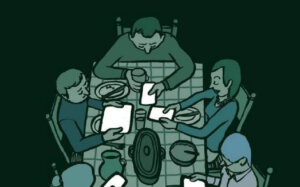
They say there’s a time and a place for everything, but the cell phone is absolutely everywhere. You have it while you cook, work, watch TV, have coffee with friends, or eat with your family. It’s invaded daily life and has ended up subtracting both quality and quantity from the moments you spend with the people close to you.
That’s why we’re claiming that your cell phone brings you closer to people who are far away but distances you from those who are sitting right next to you. Indeed, Whatsapp, Facebook, Instagram, Twitter, etc mean you have the world at your feet. They bring you closer to others and the world they want to show you. Furthermore, they’re helpful in that a physical distance doesn’t have to be accompanied by an emotional one. On the other hand, they also generate fictitious exchanges.
However, what was once a communicative option for everyone is today turning us into slaves. For example, you’re expected to answer immediately. Failure to do so often results in tremendous anger and numbing discussions based on indignation and mistrust.
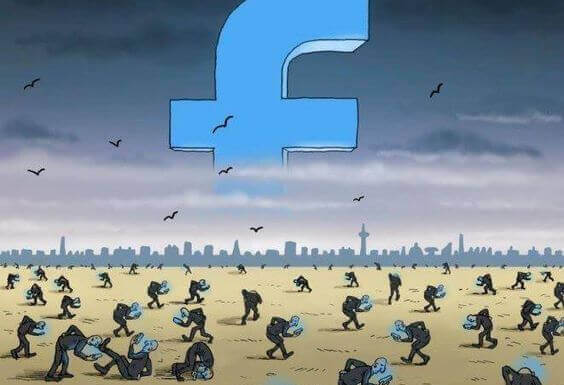
The cell phone, and the tyranny of social media
There are two secondary effects of possessing a cell phone or smartphone. The first is the creation of an urgent need to connect with the world, your work, your friends, and other audiovisual material.
The second side effect is the inability to be on your own. When you’re on the bus, on the subway, in the street, having a coffee, or at home alone, you usually have your cellphone with you.
However, constantly having your cell phone with you means you stop your internal dialogue. On certain occasions, this may be positive but, in most cases, it impoverishes both your self-knowledge and your personal development.
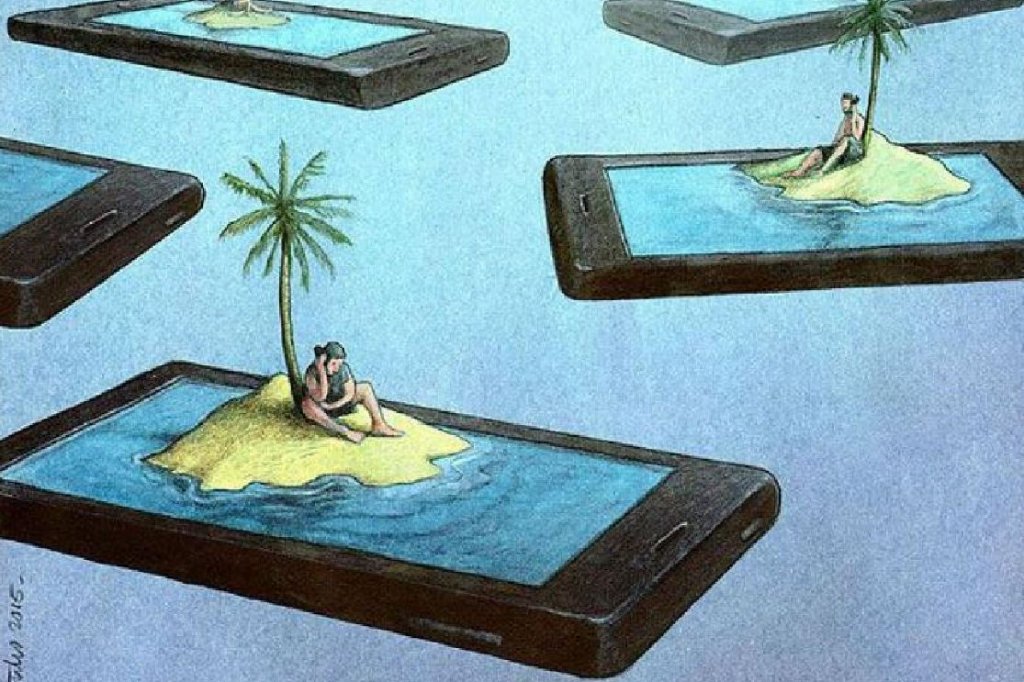
Your need to answer your cell phone immediately leaves you with little time for reflection as well as distancing you from conversations and contact with others.
As a matter of fact, couples, families, colleagues, and friends all spend their days in company yet without having any quality contact, without appreciating non-verbal language, and without having to adequately address an uncomfortable facial expression or an emotional need, etc.
Technologies such as Whatsapp subject you to emotional coercion which destroys the principles of good communication. In fact, it’s common to find yourself in conflict with people who require a certain fluency in conversation.
Although you’re not obliged to answer your cell phone, you’re socially pressured to do so. Not doing so symbolizes laziness and disinterest, as well as being a declaration of intent. This ends up ‘burning you out’ and making your contact with others a real ordeal. That’s why more and more people decide to ‘erase’ themselves from the virtual world.
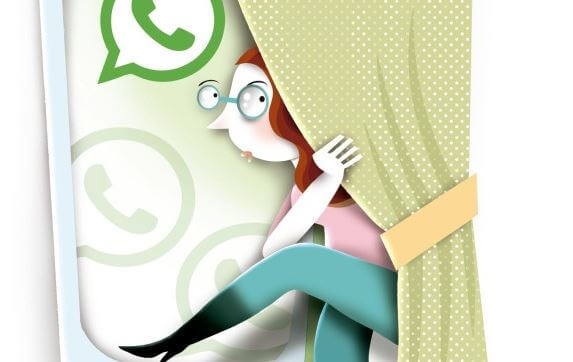
The healthy drama of disconnection
If you stopped to think about how many times you unlock your cell phone throughout the day, you’d probably be quite alarmed by the result. Furthermore, if you tried to avoid it, you’d feel really uncomfortable. This suggests that something is wrong in the relationship you have with your cellphone or smartphone.
Enrique Echeburúa is a Spanish psychologist who specializes in addictions. He states that “What characterizes an addiction is the loss of control and dependence. A normal person uses the networks for their utility or pleasure. An addict does so looking for relief from emotional discomfort not resolved: boredom, loneliness, anger, nervousness…”
Hyperconnection takes its toll on both a physical and mental level. It not only generates psychological and social fatigue but also physical and, more specifically, visual. However, if it weren’t a personally and socially rewarding experience, you wouldn’t use it as often.
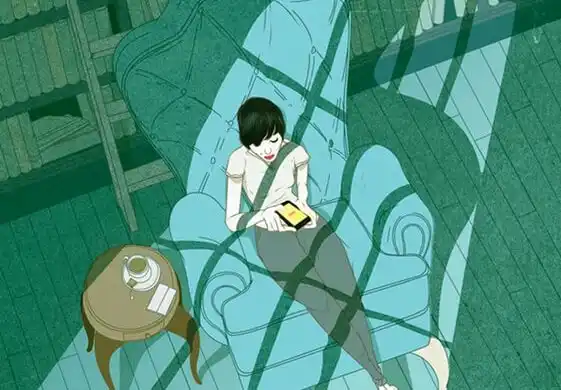
The possibility of ‘disconnecting’ for a few days is a really interesting and healthy option. It’ll help you become aware of and learn to manage the time you’re connected to your cell phone and social media. You could limit it, for example.
Nonetheless, disconnecting from your cell phone and social media is no easy task. Firstly, because of the addiction you have and, secondly, because it means almost completely removing yourself from your social networks. This is a price you may not be able or willing to pay.
Disconnection for a few days won’t change your reality. However, it’ll help you take control, unload yourself from social demands, and start to once more appreciate conversation and quality contact with the people sitting next to you.
This text is provided for informational purposes only and does not replace consultation with a professional. If in doubt, consult your specialist.








